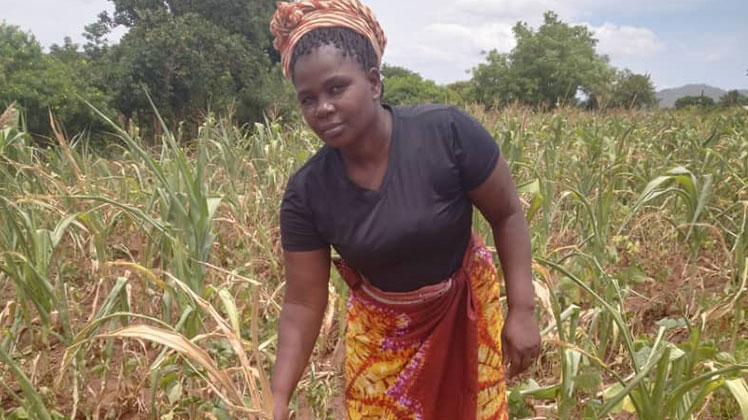‘Energy shift key to Africa’s future’
New evidence shows interlinked policies to accelerate transition to sustainable energy could attract new investment and grow Africa’s economy by 6.4 per cent by 2050.
The analysis published last Friday by the International Renewable Energy Agency (Irena) in collaboration with the African Development Bank (AfDB) shows that renewables attract far lower funding than conventional sources in Africa because financiers favour less capital-intensive options.

Still, the report, Renewable Energy Market Analysis: Africa and Its Regions, indicates that the shift to renewable energy has significantly ramped up development and access to sustainable energy while offering profound welfare and environmental benefits for all.
Irena envisions the continent generating 26 million more jobs by 2050 than doing business as usual.
According to the report, the jobs created by energy transition would be four times higher than unemployment created by phasing out fossil fuels such as coal, oil and gas.
Recently, wealthy nations, including major polluters such as China, pledged to gradually stop investing in coal-fired power plants.
However, Malawi still harbours plans to start burning coal at Kamwamba, Neno, to boost its on-off grid which supplies just about 12 percent of the population and some six percent relying on solar energy.
The skewed access and unreliable supply partly push the majority of Malawians to raid forests for fuelwood.
The country is rapidly losing trees as over 90 percent of households cook using firewood and charcoal, according to the 2018 census.
Irena reports that the jobs that come with insisting on clean energy while keeping fossil fuels in the ground, present a significant net gain to regional economies and the global push to combat climate change.
Said Irena director-general Francesco La Camera: “Africa’s governments and people are too often asked to rely on unsustainable fossil fuels to power their development when renewable energy and energy efficiency solutions offer economically attractive and socially beneficial alternatives.”
“The transition offers a unique opportunity for Africa to meet its development imperatives. Through tailored policy packages, African countries can harness their strengths and resources to overcome long-established structural dependencies.”
Kevin Kariuki, the AfDB vice-president for power, energy, climate and green growth, said the bank is committed to supporting the continent’s energy transition by facilitating increased private sector investments’ range of green finance instruments, including the Sustainable Energy Fund for Africa.
“Africa is endowed with abundant renewable energy sources on which it can sustainably base its ambitious socio-economic development. However, this requires strong political commitment, a just and equitable energy transition framework and massive investments,” he said.
Coal, natural gas and oil together account for about 70 percent of Africa’s total electricity generation and Malawi’s hydropower-dominated grid gets a meagre fraction from diesel-guzzling back-up generators.
Irena recommends that energy transition finance must become more readily accessible and prioritise renewables in public spending, Africa’s dominant source of energy transition finance.
The findings show that only two percent of the $2.8 trillion invested in renewables globally between 2000 and 2020 trickled into Africa despite the continent’s enormous renewable energy potential and unmet need to bring modern energy to billions of citizens still lacking access.
While access to energy in sub-Saharan Africa rose from 33 to 46 percent over the last decade, rapid population growth meant 570 million people still lacked electricity access in 2019—almost 20 million more than 10 years ago. However, about 160 million more people lacked access to clean cooking for the past 10 years.
La Camera said international cooperation, including South-South cooperation, will be key to mobilising resources and know-how to expand and speed up energy transition for Africa’s economies and its people.





